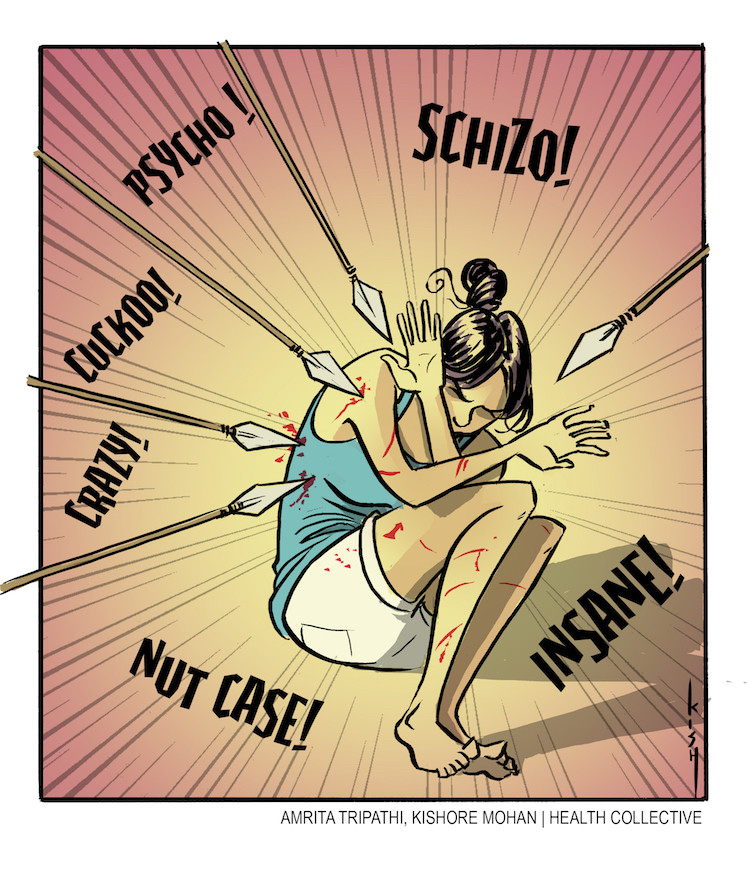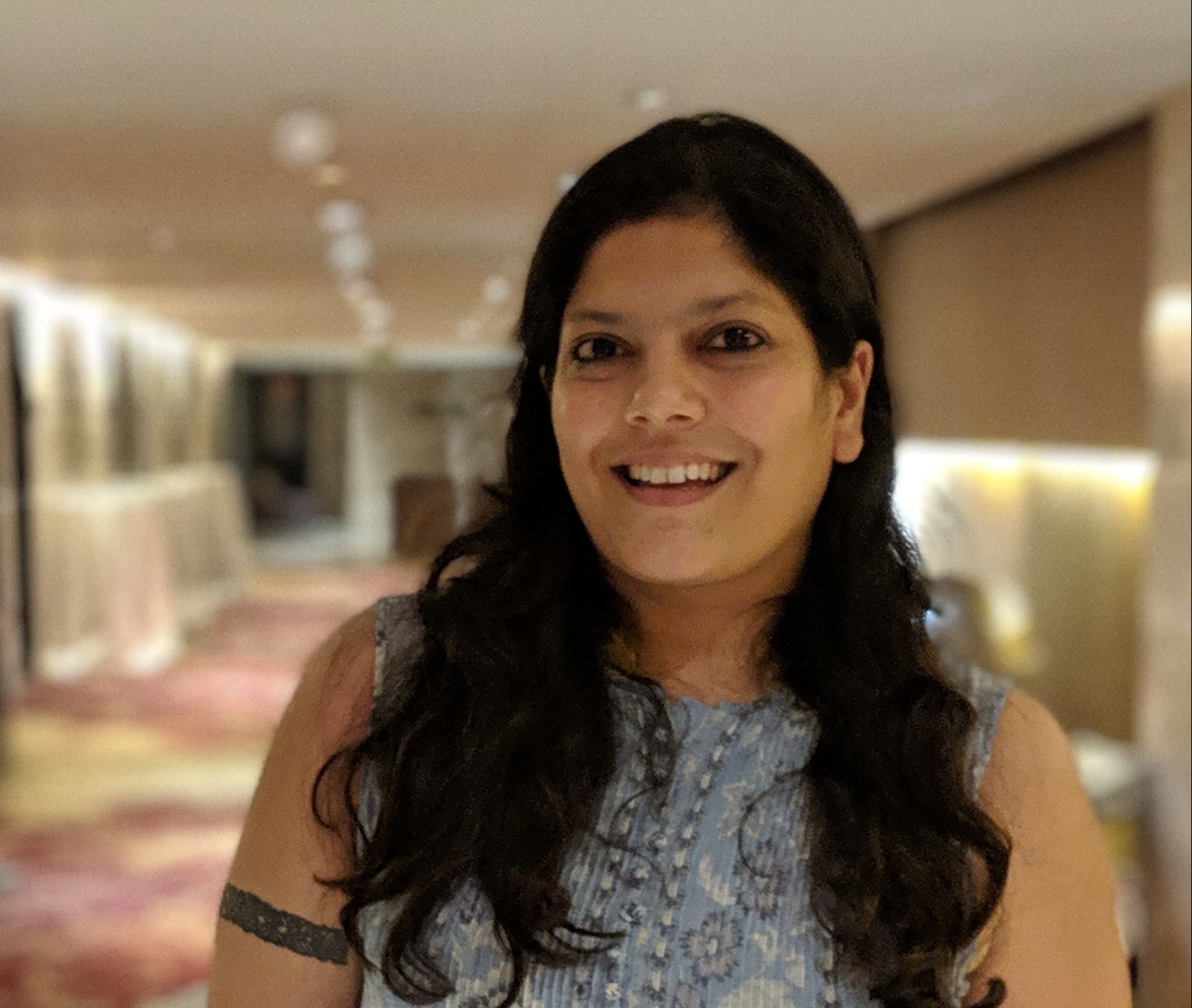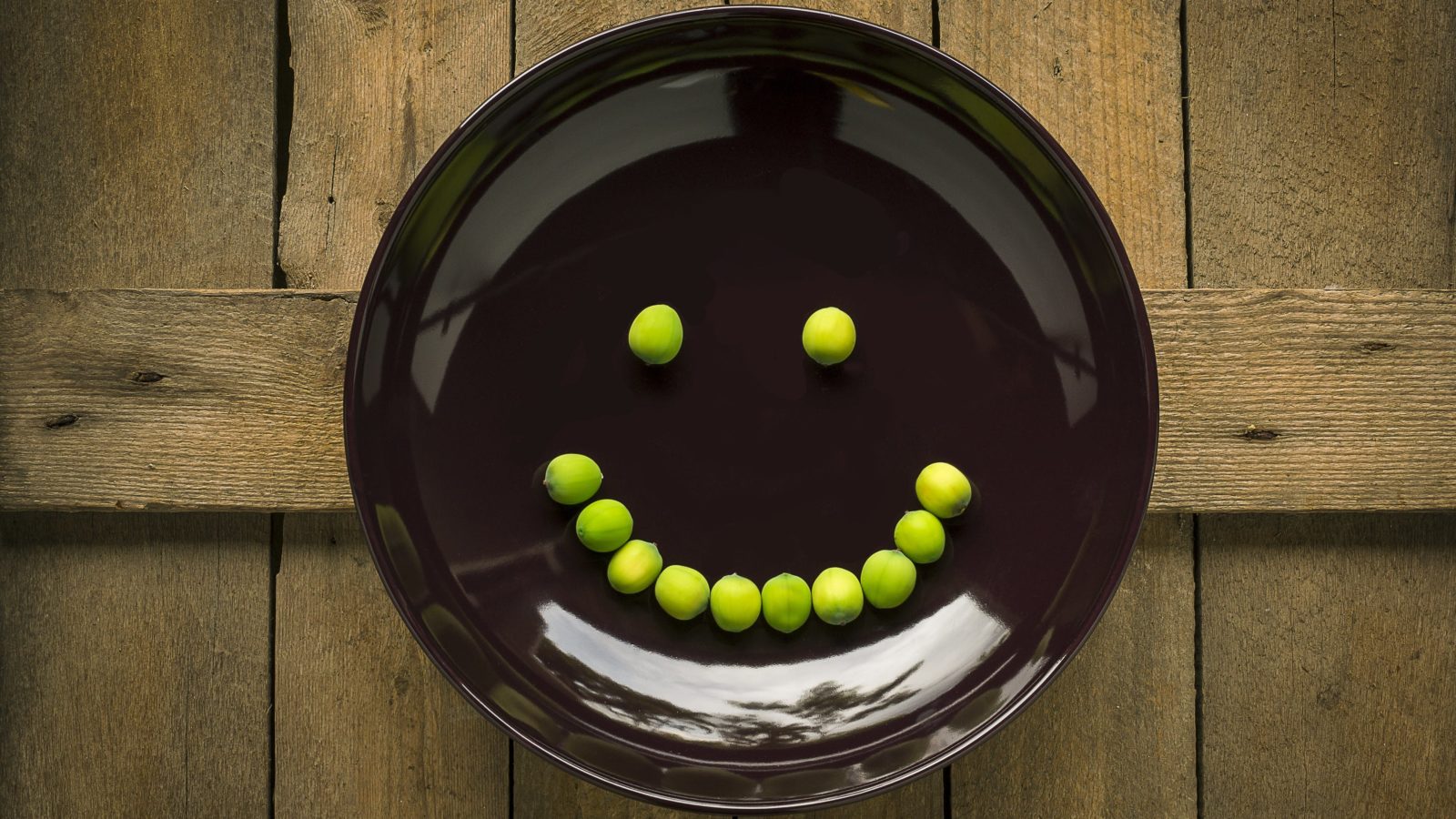There are many different ways to talk about mental health and mental illness in India, but probably even more ways to not talk about the subject, which has been the norm for generations. Families of those who have someone suffering from a mental illness, including mine, know what it is like to talk in hushed tones, or not quite refer to a diagnosis, or pretend not to hear the words, the insults, the cruelty inherent in the word ‘crazy’ or ‘pagal’, or the jokes inherent in ‘sending someone to Agra’, home to the famous asylum established back in 1859.
Many will know or relate to the sneaking horror of what it meant to talk about being institutionalised, or of having to go through electroconvulsive ‘shock’ treatment, a generation or two ago (and even today!), not to mention the creeping fear that maybe we have it in our genes too. “Our genes are loaded on both sides,” a loved one said.
That they are. And perhaps nothing scares us as much as the worry that the mind can unravel, can work against us so painfully and abruptly—the ultimate betrayal.
But in many ways, we learn we are not alone. (#NotAlone is more than a hashtag!)
While setting up a site like The Health Collective, which aims to be an online safe space for credible information and conversations around mental health and illness in India, we learn almost weekly that we are far from unusual—whether in suffering, or in the need to talk openly, or even in the need to conquer those fears.
We are certainly a collective force to be reckoned with, when you think about the drive to defeat discrimination and stigma. All of a sudden, more of us are finding the space or creating the space to talk openly about mental illness. Or rather, not all of a sudden—it’s more like the culmination of decades of work by ground-breaking pioneers in the field.
But each one of us has a role to play here—to learn to empathise, to raise our own levels of awareness when it comes to mental disorders, and to practise kindness. What’s the easiest thing you can do, starting today, this very minute? Think before you speak.
A powerful comic in this book drawn by Kishore Mohan based on a reader’s experience shows how much damage can be done with each insult/slur that we use so lightly.

People shared their stories with us, some openly, some under a pseudonym or anonymously, but all courageously, profoundly brave and descriptive and able to express what it’s like to live with a condition, whether it’s the Black Dog of Depression (which the World Health Organisation powerfully visualised with the writer and illustrator Matthew Johnstone back in 2012 with this YouTube video that now has some nine million views), or a combination of depression and anxiety, one of the most common co-morbid conditions.
They have spoken openly about many dark chapters, including suicidal ideation, self-harm, nervous breakdowns. They’ve talked about the loss of hope, the pointed barb of ridicule and humiliation, the panic and fear that things will not get better, the never-ending spiral of shame and guilt.
But it has not been never-ending; there has been an end, a break in the clouds of grey, an easing of the pain. There has been hope, yes, and incredible resilience.There has been healing, above all, healing that has led them here to this moment in their journey, which now intersects with yours.
May their words ease your burden, give courage where required, and above all, hope for change. We aren’t going to sit here and claim that things get better overnight, or even that there is a quick fix or sure-shot way to get better but what we do know is that better is right around the corner.We hope that wherever and whoever you are, you hear us and believe it.
But we do have some larger messages for you. As Dr Vikram Patel told The Health Collective in an interview, “The best guardian of your own mental health is yourself. Be equipped with knowledge and skill on how to protect and promote your own mental health, but equally remember that there is nothing brave about struggling alone, and if you have got mental health experiences that are very distressing, speak to someone. It could be a friend, it could be a family member, a counsellor, it could be a mental health professional. But don’t just lock it up inside yourself.”
(This is an edited excerpt from the introduction to Real Stories of Dealing With Depression, Book 1 in the Mindscape series, published by Simon & Schuster India, June 2019)
Want to share your story of how you thrive? Write to us at [email protected]


